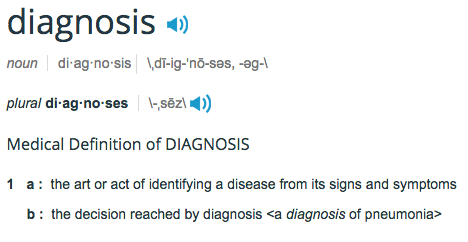Somehow, the term "double talk" just doesn't do the job here. We need a new term.
Since the story you've begun reading involves DNA, let's call it "double-stranded talk."
San Diego-based Pathway Genomics is in hot water with the FDA for selling detection kits that are not detection kits. No, this cannot be explained by a disruption of the time-space continuum; it is simply dishonesty at its finest. That's no lie.
Pathway began been selling a test kit called CancerIntercept earlier this month. Right away, the name suggests that it's going to do something with cancer. And, since it measures 96 particular DNA fragments that are characteristic of certain type of cancer, supposedly enabling the early detection of cancer, it sure sounds like a diagnostic test.
Yet, the company sees things a little differently. On its website it states "the presence of one or more of these genomic markers in a patient's bloodstream may indicate that the patient has a previously undetected cancer (our emphasis added)." OK, fine. But then there's this: "However, the test is not diagnostic (emphasis added), and thus, follow-up screening and clinical testing would be required to confirm the presence or absence of a specific cancer in the patient."

These guys are either 206 days late in celebrating April Fool's Day, or they're trying to pull a fast one. Because, what they are describing sure as heck sound like an attempt at a diagnosis to me, and to Mirriam-Webster as well:

So, these jokers are selling a non-FDA-approved kit that doesn't diagnose anything except cancer, except for the fact that it doesn't diagnose cancer. Uh huh.
It would seem that their strategy is based on the equally scummy dietary supplement industry, which is allowed to put "Supports [insert some disease or condition here]," in the middle of the bottle's label as long as "[this] dietary supplement product is not intended to 'diagnose, treat, cure or prevent any disease..."' is also on the label.
All of this begs these questions: "Are you taking something that 'supports prostate health' in order to improve your bowling average? Or make your parakeet sing 'God Save the Queen'" No, you're not. You are taking it to help your prostate, even though the supplement is equally likely to do so as effectively as these two others.
There's a non-humorous downside to this, which is what upsets the FDA. It will not just hurt your wallet; a positive result will no doubt send some people running to their doctors, and demand CAT scans, MRIs, etc. These scans will find something suspicious looking some of the time.
After that, who knows what's next? A harmless tumor that would have never been discovered (an incidental-oma)? Next thing you know, people are scared out of their minds, with invasive biopsies sure to follow.
So, a diagnostic test for predicting (or even suggesting) cancer, especially one that has not been validated or approved by the FDA is going to be nothing but trouble for patients.
Sorry guys. You might want to test your phone to see if it can reach a defense attorney.
(Important note to our readers: We recently wrote about a promising experimental blood test for early detection of lung cancer. These two are unrelated.)



